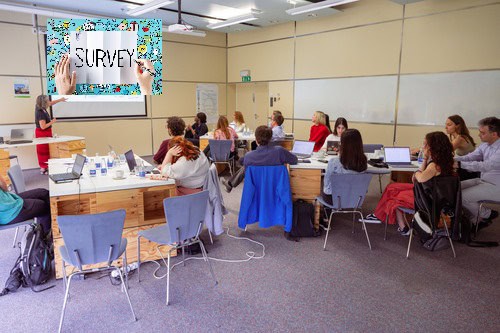Circular economy has different aspects and dimensions, which makes it complex to understand. In the scientific literature many definitions exist, which makes it even more complex to communicate to society. Currently the 10Rs framework, with different strategies and priorities is dominant among practitioners and in science. The 10Rs can be clustered in narrowing the material flow (refuse, rethink, reduce), slowing down the material flow (reuse, repair, refurbish, remanufacture, repurpose) and closing the material flow (recycle, recover). Important is to point out, that the order of implementation is relevant, because for thermodynamics. For example, if recycling is applied as first strategy to implement circular economy, all the strategies to narrow or slow down the material flow can no longer be implemented, and energy is needed in the recycling process.
Within the Cradle-ALP project, the main target group are SMEs, but to implement circular economy also consumers are relevant. Consumers have the power to choose from many different options of products, which are linked to different business models. Implementation of circular economy means that new products and business models will be introduced to the market and this transition also influences the consumers. By means of a transnational consumer survey, the willingness of consumers to use circular products and circular business models was analysed. The online survey was conducted in six countries (Austria, France, Germany, Italy, Slovenia, and Switzerland) in the Alpine Space and in total 3,858 participants finalized the survey. The first part of the survey was linked to an ownership-based or renting-based scenario, with the focus on the intention to use and related topics. The second part included more general questions on circular economy and cradle to cradle, followed by demographic questions.
The results of the scenario-based questions showed that the rental-based systems were seen as more critical from different perspectives. This could be related to the fact that in the linear economy, most business models are based on the ownership of products, and when the product no longer performs, it becomes waste, and the company can sell a new product. In the linear economy, there is no incentive for companies to produce long-lasting products, as this extends the period of time in which a consumer does not buy a new product. Furthermore, customers are used to own products instead of using them as a service, e.g. renting. In terms of resource efficiency in a circular economy there is a big potential for product service systems, because they allow companies to product long-lasting products and they will get the product back, when the customer does not need them anymore. Depending on the state of the product different R-strategies can be applied then.
The main result from the general questions was that familiarity with circular economy and cradle to cradle is very low. The participants mainly associated circular economy with recycling. According to the 10Rs recycling should be the second last option when implementing circular economy. This shows the need for communication of circular economy with the 10R strategy, so that it becomes obvious that circular economy is much more than recycling. Especially the importance of narrowing the material flow, slowing down the material flow and closing the material flow must be communicated. A basic knowledge of limited resources might be the basis for understanding the hierarchy of the 10Rs.
The results showed that there is a lack of information, so communication seems to be a key to implementing the circular economy, as it is much more than recycling. The other option is, that the consumers see an added value for themselves, when using a product that follows the principles of circular economy. These two results are especially relevant for the Cradle-ALP project and will be considered in the implementation of the project.
You can read more about the research here.
Raphaela Hellmayr, BOKU



